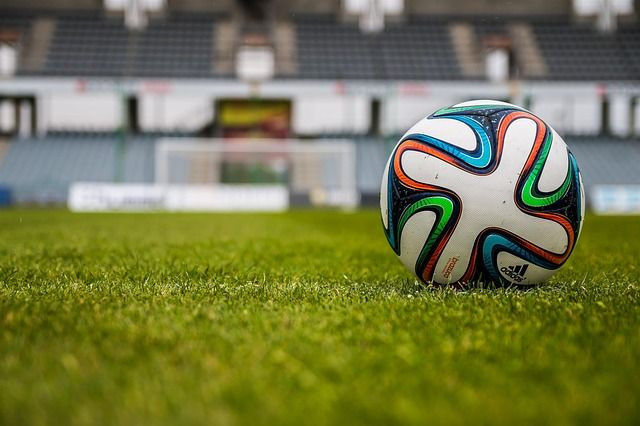Traumatic Brain Injury Caused By Concussions May Lead To Long-Term Sleep Problems Without Us Even Knowing

Even a mild concussion may lead to plenty of sleepy days, suggests a new study published Wednesday in Neurology.
The team of Swiss researchers behind the new report had previously tracked the sleeping habits of 60 volunteers for six months following a traumatic brain injury (TBI). This time around, they observed half of the original group for an additional year, measuring the amount of sleep they needed per day, and whether they had trouble staying awake during the day. Compared to a similar control group of healthy volunteers, the concussed subjects continued to need around an extra hour of sleep per night, for an average of about eight hours. When objectively tested, 67 percent also had chronic daytime sleepiness, a condition found in only 19 percent of the control group. Most worryingly, the patients were largely unaware of their sleep issues — when asked, they consistently underestimated how much sleep they needed and whether they had any daytime drowsiness at all.
"This is the longest prospective and most comprehensive study about sleep quality and TBI to date," said study author Dr. Lukas Imbach of the University Hospital Zurich in a statement. "We found that the majority of those with TBI, no matter how severe, had long-term sleep disturbances, yet didn't know."
As Imbach and his colleagues note in their study, there’s been a growing trail of evidence linking chronically poor or altered sleeping patterns to TBI. Much of this research, however, has only studied patients long after the fact, such as by examining their past medical records or asking them how well they slept following their concussions. With this current study, patients were given personal wrist monitors for two weeks that measured their motor activity throughout the entire day and they also underwent an overnight test known as a polysomnogram that detailed how they progressed throughout the different stages of sleep.
Immediately after a concussion, people often sleep more than they did before, and scientists believe the extra doses of nap time help the brain repair itself. But the continued impact to our sleep indicates that these injuries may also cause a “chronic state of disease in a majority of patients with TBI,” the authors wrote.
How this happens is still a mystery, though it’s likely it isn’t simply just a matter of how traumatic the injury was. The study found there wasn’t any connection between the severity of a concussion and the likelihood of sleep problems 18 months later. According to an accompanying editorial by brain and sleep researchers Dr. Brian Edlow and Dr. Gert Jan Lammers, it’s possible concussions may throw out of balance the sleep-wake pathways found in either our brain’s gray or white matter, depending on their severity.
Another unresolved question is whether these altered sleep patterns lead to noticeable health problems, though some research has tied excess daytime sleepiness to a higher incidence of traffic accidents and other public safety hazards. If nothing else, it’s certainly cause for concern that many people with concussions are completely in the dark about their new sleeping habits. That finding alone may suggest a reevaluation in the near future of how we treat head injuries.
"This study makes a compelling case that sleep-wake disorders after TBI may represent a silent epidemic," said Imbach. "It raises the question as to whether people with TBI should be referred for sleep studies. But further study is needed before any new recommendations are made or any guidelines are changed."
Source: Imbach L, Sleep–Wake Disorders Persist 18 Months After Traumatic Brain Injury But Remain Underrecognized. Neurology. 2016.



























